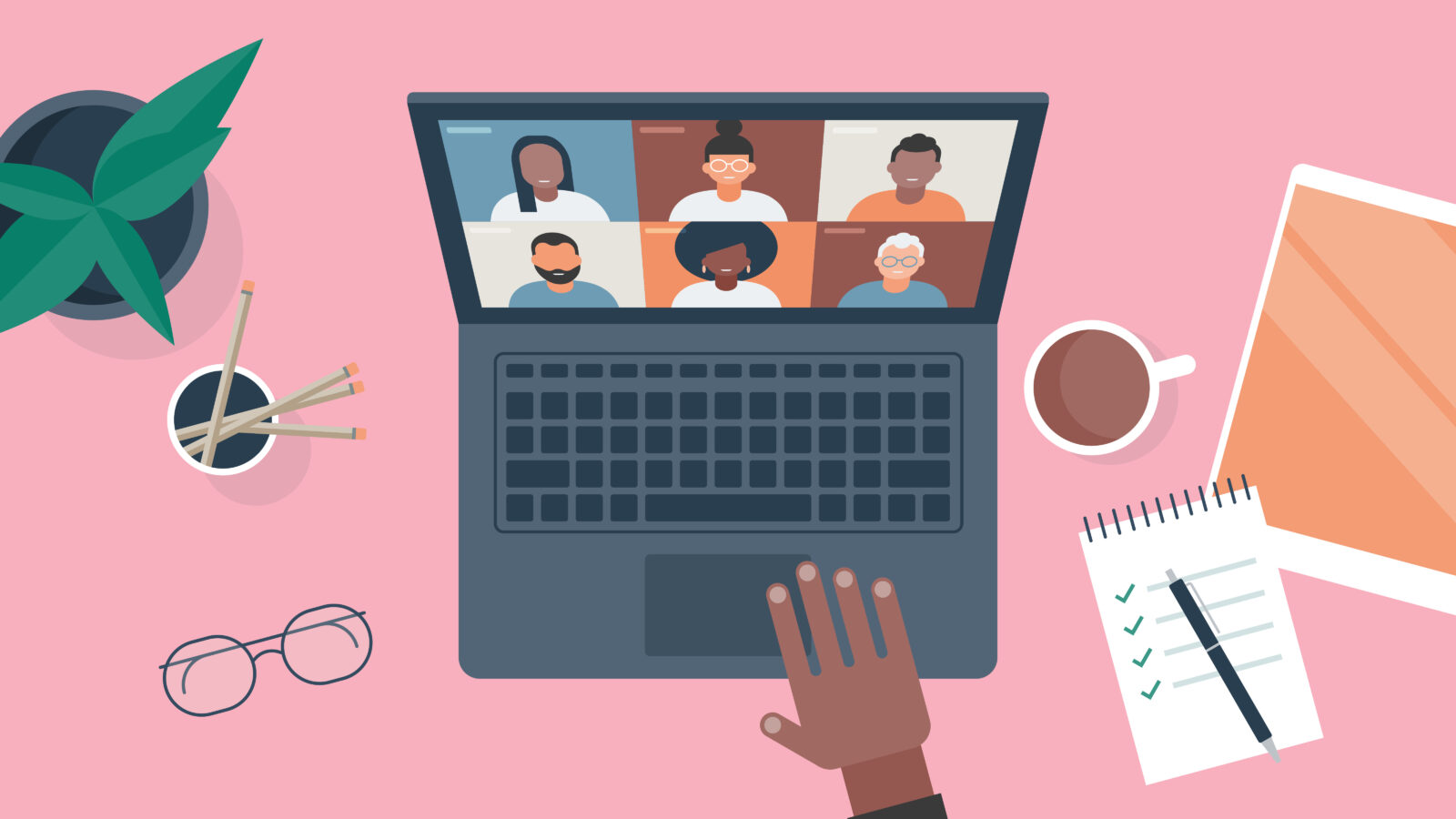How we feel when we show up at work every day reflects the environment around us. Studies have shown that when organizations prioritize people, they also produce stronger business results. But when our workplace culture doesn’t put people first, we see higher turnover rates, less job satisfaction, and poor engagement. We are, after all, operating in a human-powered economy, and if the systems in place don’t work for humans, they’re not going to work for our communities, society, or the planet either.
In a recent study from the University of Oxford’s Wellbeing Research Centre, researchers looked at employee well-being tools that organizations use to support workers. The findings showed that individualized mental health interventions are less impactful than organization-level changes, and that some interventions may have had a slightly negative impact on well-being. When the study first came out, a handful of media headlines suggested that workplace well-being initiatives don’t work and should be discontinued. But these headlines are not only misleading, they may also be harmful, because they give permission for organizations and leaders to stop investing in well-being tools and resources. The truth is there’s nothing inherently wrong with investing in tools that are designed to improve your employees’ well-being. In the right context and a healthy work culture, these tools can be helpful. The problem lies in the reality that most workplaces are relying on these perks and programs and ignoring the systemic issues underlying workplace culture. To see real change in our workplaces, it’s not one or the other, it’s both!
In Deloitte’s research on employee well-being last year, 1,274 US workers were surveyed in order to understand the role of well-being in different organizations. The findings showed that the primary factors impacting employee well-being have little to do with the tools being offered. Those well-being programs and tools are table stakes for today’s organizations. The bigger challenges are often related to work cultures. Trying to fix workplace cultures by offering employees a wellness app or a yoga class is like trying to out-exercise a bad diet. If we don’t fix the deeper issues that are plaguing our workplaces first, we can’t expect better well-being outcomes, no matter how amazing the solution seems. After all, you can’t expect somebody to take advantage of these types of resources if they can’t even get their head above water because of their workload.
If there’s a lingering stigma around mental health in our workplaces, employees won’t ask for help, they won’t use any tools that are being offered, and they won’t feel valued or engaged. Think about it: If you’re feeling burned out at work, and then you take a few days off to then return to the same work environment that caused you to burn out in the first place, you’re probably going to experience burnout again. This is why organizations need to also address the work determinants that have an outsized impact on employee well-being, including: leadership, how work is designed, and how work gets done.
Another important aspect of the Oxford research is that the resources studied were specifically geared toward employee mental health — but the truth is, our physical, emotional, and social health are all interconnected. When an organization aims to address systemic issues driving poor well-being at work, they not only impact all aspects of employee well-being, but they also make the tools and programs that much more impactful and worthy of the investment.
After all, employees can only achieve peak performance and productivity if they feel their best. “When we’re burned out, we operate on short-termism and day-to-day survival, just trying to get through the day,” says Arianna Huffington, founder and CEO of Thrive Global. “We’re not just less able to create more sustainable habits, we’re also unable to think about the future, make the wisest decisions for the long term, and come up with creative and innovative solutions to complex challenges.”
You can give a gardener all the equipment they need to make a beautiful garden — a shovel, seeds, water, fertilizer — but if you put them in a cement lot, you’re not going to get a garden. The tools aren’t worthless — on the contrary, they’re essential, but you need to create the right environment first, if you want people to grow and flourish. Leaders and organizations need to reflect — and act — on the role they play, making a commitment to prioritize, measure, and improve human outcomes within their spheres of influence.



